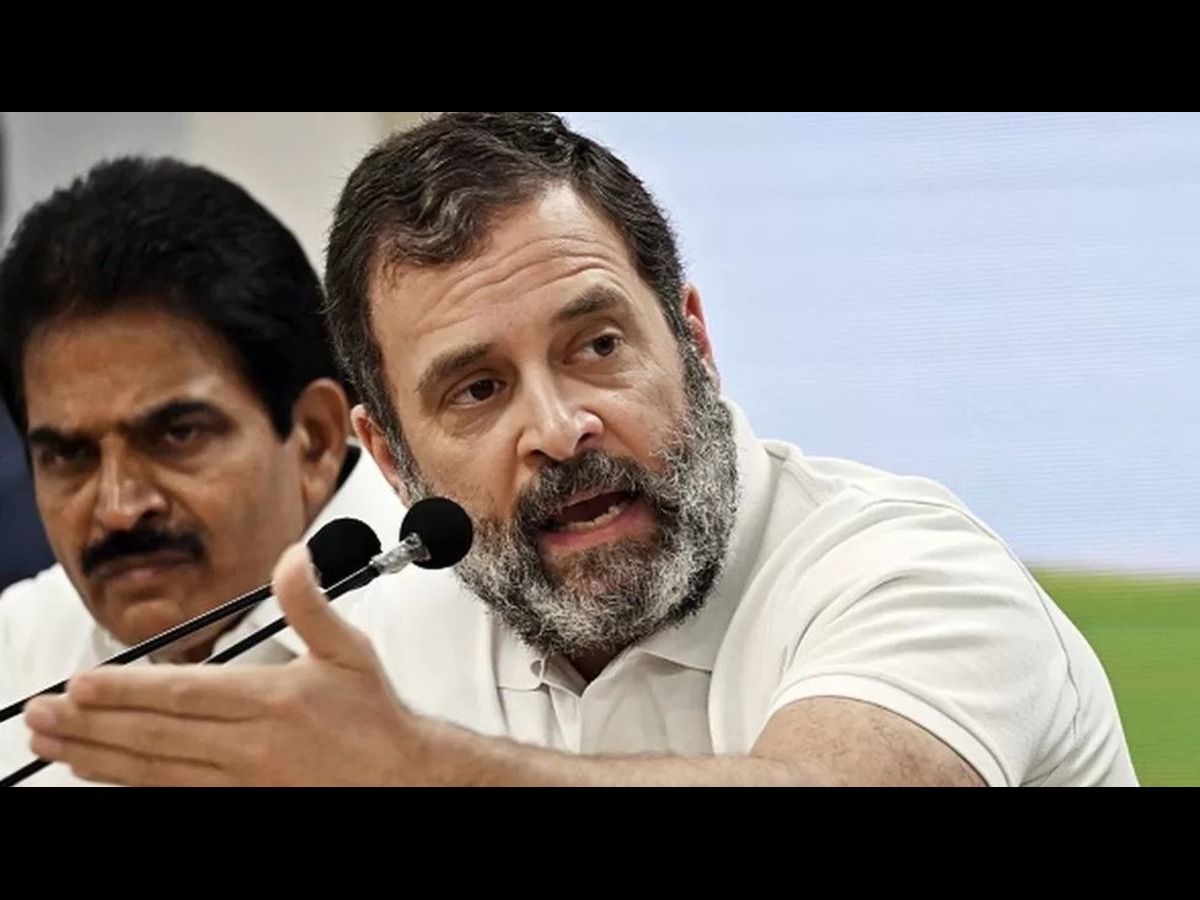In an important judicial action, the Supreme Court of India sharply rebuked Rahul Gandhi, Leader of the Opposition in the Lok Sabha, for allegedly making derogatory remarks about the Indian Army during the Bharat Jodo Yatra in December 2022. The Court stated that a “true Indian won’t make such statements” but stayed all further legal proceedings in the defamation case filed against him.
Court’s Condemnation, but Legal Relief for Rahul Gandhi
While the Supreme Court paused the ongoing criminal proceedings, it did not shy away from criticizing Rahul Gandhi’s public comments. The bench questioned his patriotism in no uncertain terms, underlining that his accusations were inappropriate for a national leader. At the same time, the stay means Rahul Gandhi will not have to appear in court until further notice.
Congress Fires Back
Following the Court’s statements, Congress leader Jairam Ramesh convicted the Centre’s handling of China-related border issues, accusing the government of pursuing a four‑pronged “DDLJ” strategy: Deny, Distract, Lie, and Justify to evade accountability.
He questioned the lack of clarity on Chinese incursions post the Galwan clash in 2020 and demanded a full parliamentary debate on national security concerns. Ramesh further emphasized the economic vulnerabilities arising from unchecked dependence on China and recent restrictions on essential imports.
BJP Intensifies Allegations
The BJP seized on the Supreme Court’s remarks to escalate its attacks, with party IT cell chief Amit Malviya branding Rahul Gandhi a “certified anti‑national.” Malviya further alleged that Gandhi had signed an MoU with China and questioned his allegiance to India amid mounting evidence of Chinese strategic gains along the border.
Additionally, in Assam, Chief Minister Himanta Biswa Sarma accused Rahul Gandhi of siding with Bangladeshi and Pakistani Muslims over Indian communities, accusing him of betraying national interests, a comment delivered during a rally in Tamulpur.
Backdrop: Legal Model and Political Context
This defamation case originates from statements Gandhi made in Lucknow in December 2022 during which he alleged Chinese occupation of over 2,000 km sq. of Indian territory and criticized media coverage of casualties involving Indian soldiers. A retired BRO official filed the suit; the Allahabad High Court later ruled that freedom of speech does not protect defamatory remarks aimed at wrecking public confidence in the Army.
In July 2025, during parliamentary debates over Operation Sindoor, Gandhi had accused the government of failing to call out a growing China‑Pakistan military axis. He also challenged PM Narendra Modi to deny aircraft losses during the conflict, arguing that India permitted restrictions on troop deployment to safeguard the Prime Minister’s image.
Minister S. Jaishankar hit back with a pointed critique of what he called “China gurus” in the opposition alluding to Gandhi and Ramesh and mocked their alleged proximity to Chinese diplomats, including claims that some obtained private tuitions from the Chinese ambassador.
Also Read: President Droupadi Murmu Visits Ganga Ram Hospital To Pay Her Last Tribute To Shri Shibu Soren







